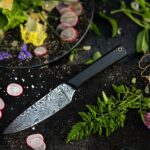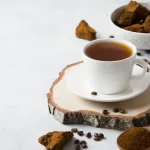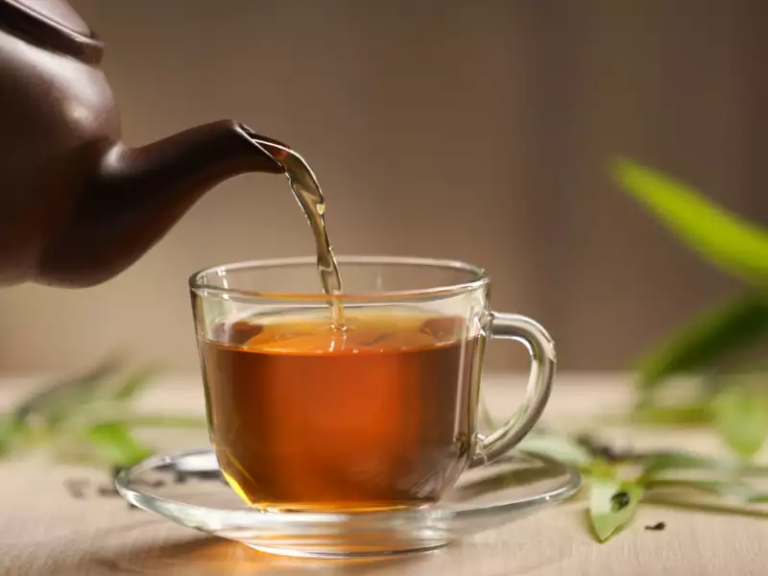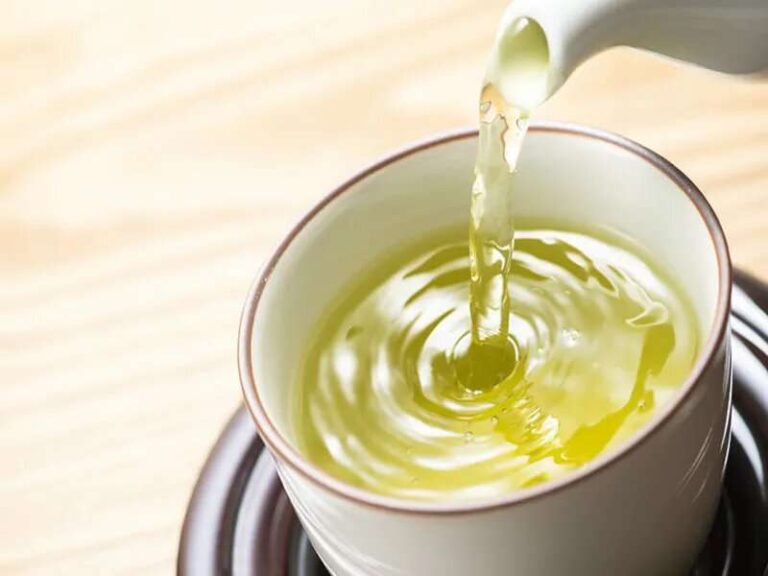
Organic Tea – Can the Organic Label Be Reliable?
Organic teas are tea that has been certified as organic with a few agency. Certification involves meeting certain standards, for example remaining by using most synthetic herbicides and pesticides, and utilizing fertilizers. Organic certification requires periodic testing of soil along with other factors a duration of a lengthy time–the land present in organic agriculture needs to be maintained based on certain standards for almost any strict time period.
The concept behind organic tea: advisable:
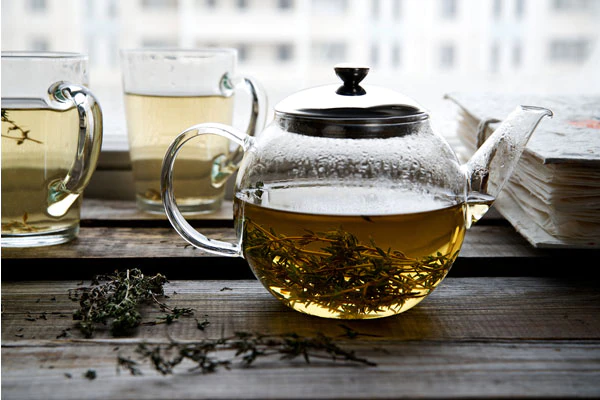
The concept behind certified-organic teas certainly are a noble one: organic certified teas are created without synthetic chemicals. It thus has two primary benefits: medical health insurance sustainability. Organic teas are, theoretically, healthier than non-organic tea, because it doesn’t contain synthetic chemicals, a few that are very toxic and possess other dangerous effects on health. And again, theoretically, producing organic teas are simpler across the atmosphere, minimizing problems like nutrient pollution from synthetic fertilizer runoff, and human suffering and public health issues introduced on by chemical utilized in the communities where the teas are created.
Organic tea sounds good theoretically, and people, many individuals would agree it’s generally a great factor. But there are numerous factors that may confound or complicate organic tea: the faking of organic status, the very fact much organically-created teas aren’t labelled consequently, along with the limitation that organic certification doesn’t make certain that teas are created within the most sustainable manner possible.
Faking Organic Status:
Because organic tea features a inclination to fetch lower cost across the retail market, companies have fallen towards the dishonest and dishonest practice of falsely labelling tea as “organic” that’s just regular tea, with no legitimate organic certification. Anybody can slap the name “organic” on their own product: vigilant shoppers and sometimes the participation of police pressure agencies is essential to compromise lower on such abuses. But falsely labelling an item as organic could be a serious offence: it isn’t just illegal, nonetheless it risks alienating customers and permanently developing a bad status.
Therefore, teas are usually mislabelled or falsely labelled as organic only in individuals situations where there’s a qualification of anonymity. Reliable tea companies rarely, when fake organic certification. When you purchase organic tea, ensure to judge for the emblem within the certifying agency, and make certain you are purchasing in the reliable tea company through getting an longtime record. Check blogs and tea community websites to look at a business during doubt.
Typically-created teas are organic, but is frequently not certified:
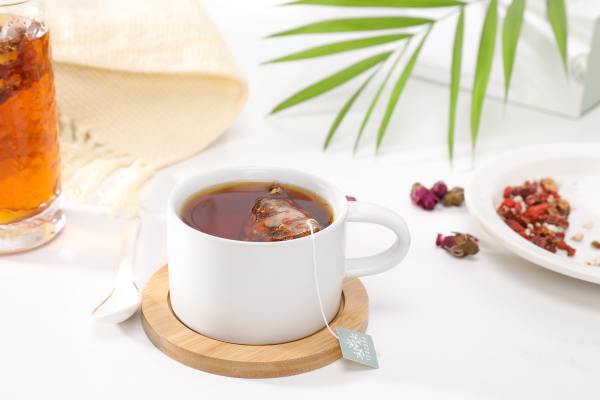
The synthetic pesticides, herbicides, and fertilizers which are commonplace and defining feature of “non-organic” agriculture undoubtedly are a modern invention. Modern chemistry could be a relatively youthful field, rather from the centuries-old traditions of tea cultivation and production. Consequently, any tea that’s truly created and processed strictly based on fliers and business card printing will likely be completely organic, as fliers and business card printing stay away from any modern chemical inputs.
Regrettably, because organic certification is pricey and needs extensive recordkeeping, it is not realistic for many small tea maqui berries maqui berries maqui berry farmers growing tea with fliers and business card printing to approve their tea as organic. Thus, there are many organically created teas available which don’t bear, and could never bear the organic label.



